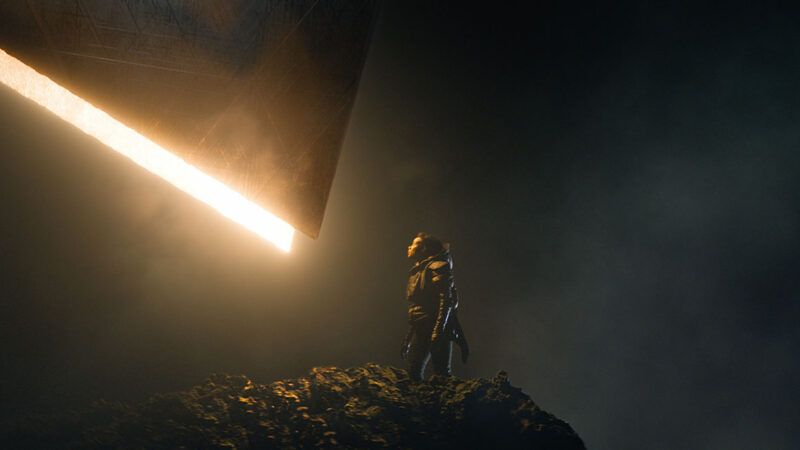Foundation
The TV adaptation of Isaac Asimov's classic trilogy is still fundamentally about the ways in which politics and objective truth inevitably clash.

The central conflict in Isaac Asimov's classic science fiction trilogy, Foundation, is between science and the state. Composed from a series of linked short stories originally published between 1942 and 1950, the books follow the creation of a scientific outpost, the Foundation, meant to preserve knowledge during a predicted collapse of the ruling Galactic Empire. The book's heroes are scientists who (sometimes grudgingly) learn they must practice politics—or at least work within its limitations—in order to survive.
Foundation, a lavishly produced Apple TV+ series based on Asimov's books, is less of a direct adaptation and more of an expansion on the original stories, with a host of new characters and plot elements, including a cloned emperor who takes governing advice from older versions of himself while training a younger cloned successor.
It's not as tightly structured as Asimov's original stories, which tended to take the form of intricate logic puzzles, and it isn't as satisfying. But the story is still fundamentally about power and scientific inquiry and the ways in which politics and objective truth inevitably clash.


Show Comments (74)